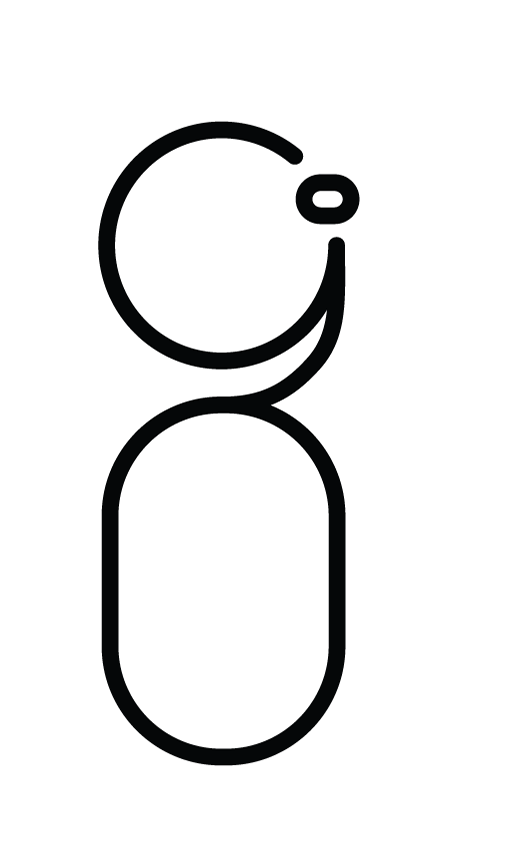LATCH
by Richard Saul Wurman
by Richard Saul Wurman
9.12.2021
I’ve always thought about the education system as rigged because It doesn’t care about your passion or your growth. It only cares about numbers being put on paper. It validates you as a person based on whether you can remember a specific date in history or some formula that you won’t even use at any point in the rest of your life. It is set up in such a way that the only thing that matters is if you can pass a test. What they are teaching us is to learn to memorize something for a short period just to pass a test and immediately disregarding it as important. Some of the better courses that I have taken have focused on learning the material more creatively and efficiently than memorizing everything. These courses required us to read and to think and understand instead of writing things down verbatim on paper.
Traditional school courses teach only to be book smart in the present, but more evolved classes teach us to be analytical, curious, and knowledgeable for the present and the future. One of my favorite things about being in a design school is that it has a different perspective on learning. It focuses on your understanding of the way things work and deliberating whether things need to be changed or not. Another really interesting point this reading brought up was that it is the standard response to be always “in the know” when realistically we learn from others every day. If we go about our day just telling everybody “oh I know” we will never actually learn anything. We only learn out of vulnerability and curiosity and often the education system does not teach us to do that.
I also had the misconception that design was mostly about making things more functional or more artistic. I recently realized that design goes way beyond that. It takes our world and all the information that comes with it and uses that information as a tool to create. I now think of design as a cycle. It works as a system that gathers information on any given thing and uses it to evaluate its functionality. It identifies things that work but it also identifies flaws. It makes changes that benefit the present and the future. After these changes are implemented they are monitored within their time and anticipate improvement. This is a never-ending process that repeats over and over.
Reflection on: An introduction to LATCH by Richard Saul Wurman
